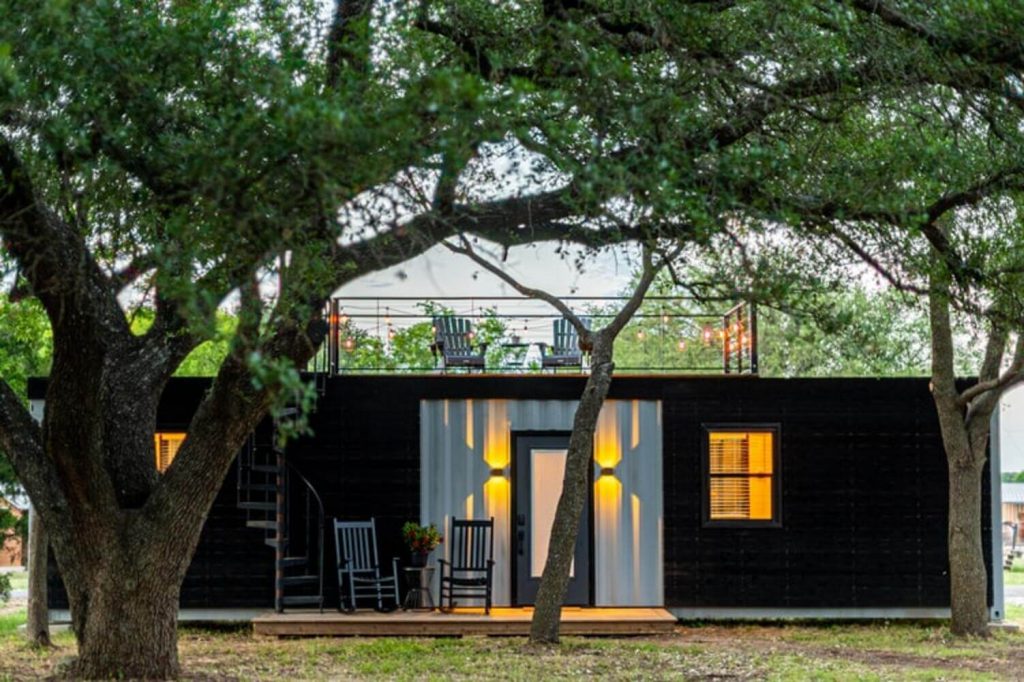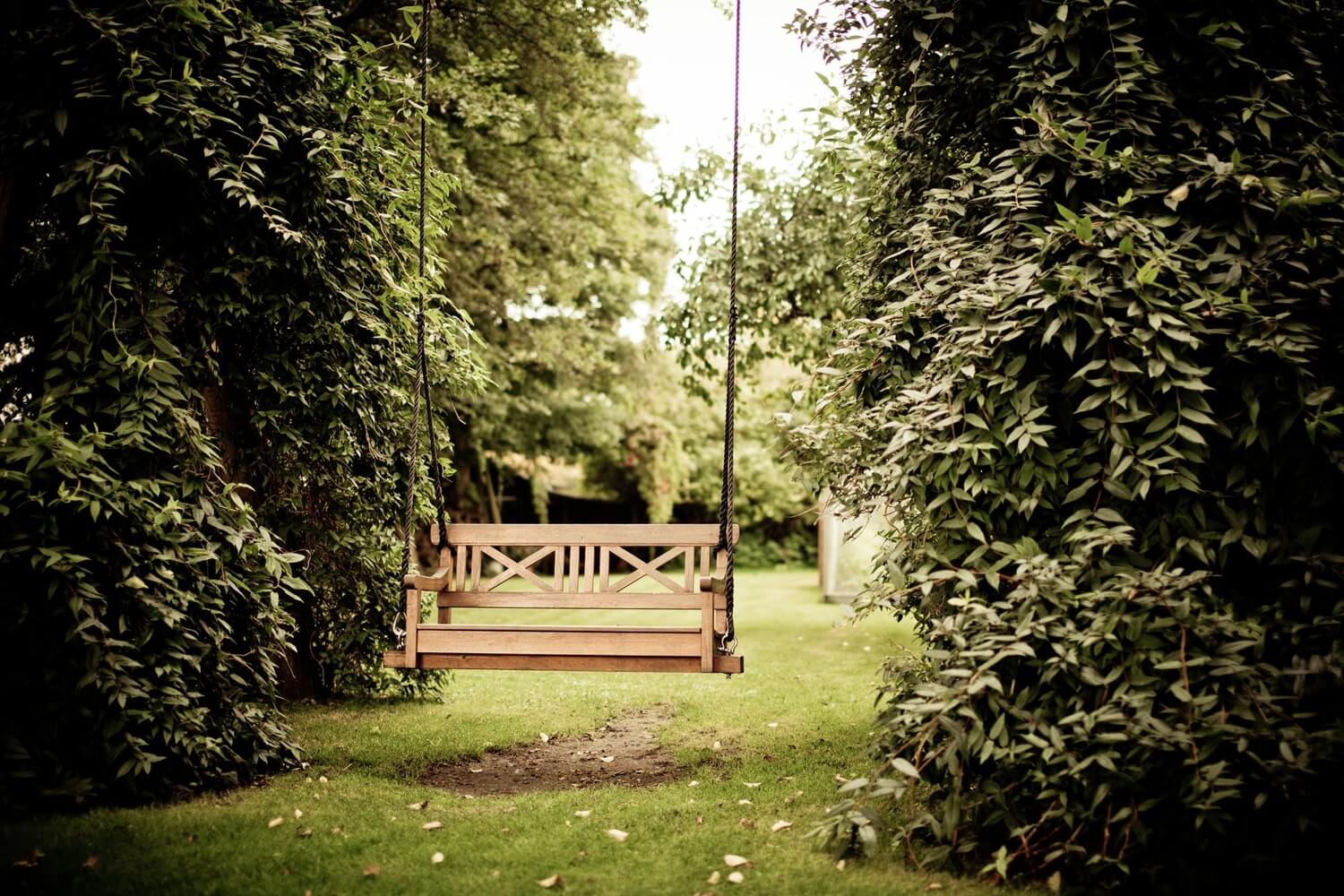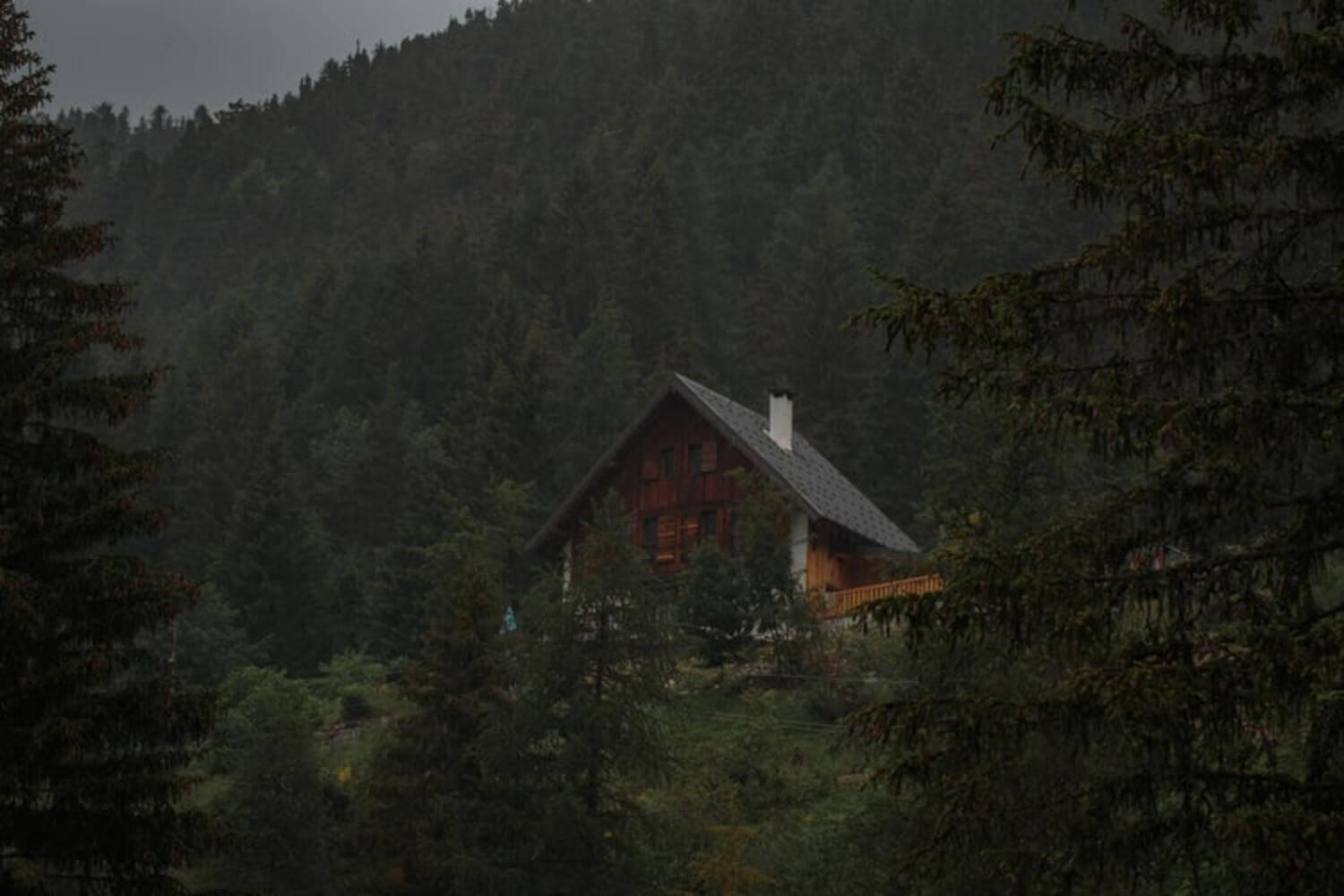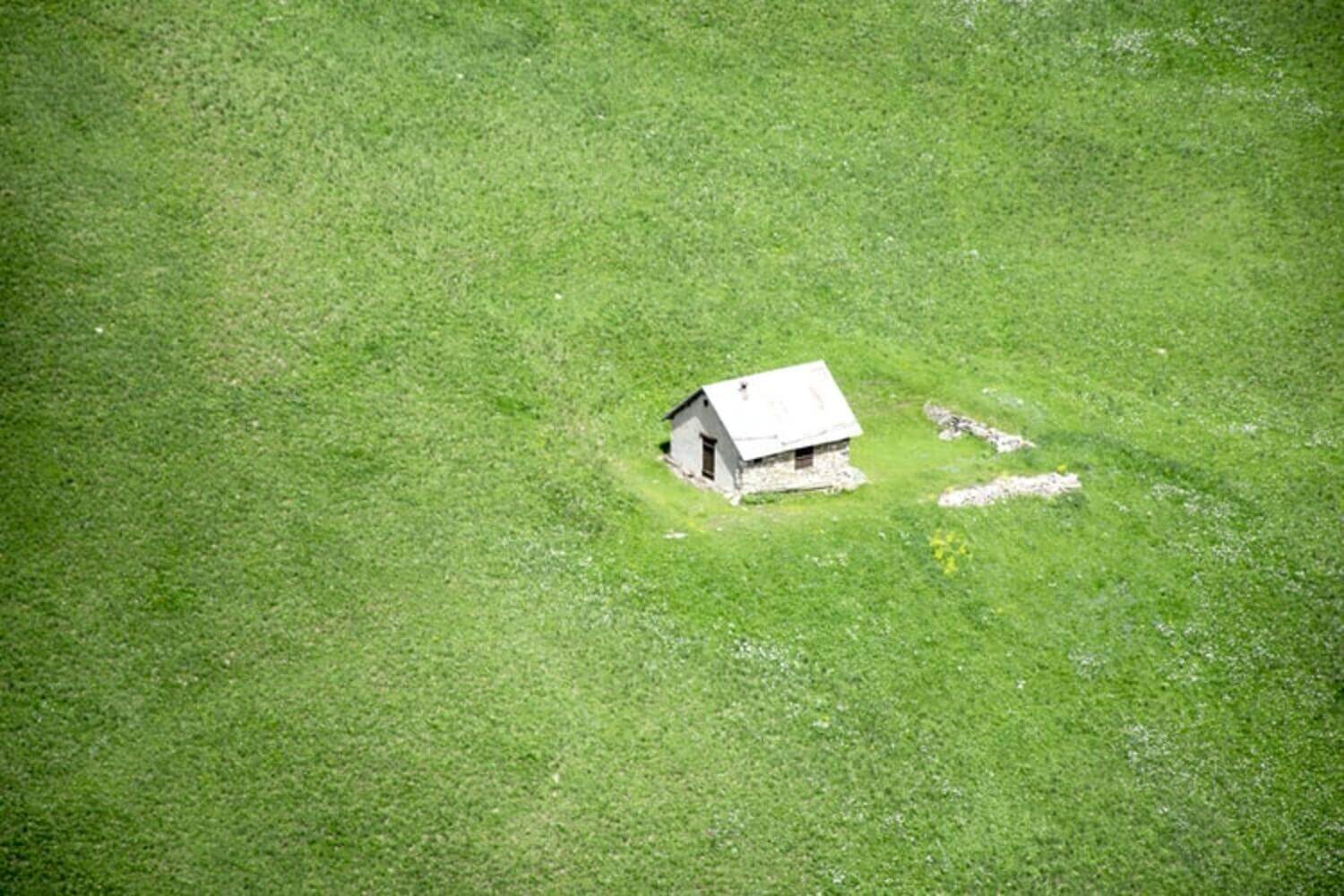Growing Your Own Garden for Off-Grid Homeowners
So you’ve finally decided to live off the grid. Congratulations, and wow! That is such an amazing feat! But exciting as it is, off-grid living comes with several challenges. One of them is access to organic food now that you’re far away from marketplaces. Thankfully, gardening is here to save the day! Besides providing you […]
The Pros and Cons of Living Off the Grid
Off-grid living is a choice many people make for a variety of reasons. For some, letting go of the grid results from their conviction in the quest for minimalism, self-sufficiency, or environmental stewardship. For most, it’s pretty practical and appealing with the lowered expenses this lifestyle offers. However, it’s not as easy as it sounds. […]
How Does a Rain Catchment System Help Your Off-Grid Home
For some people, living independently away from all the ruckus in the city is a dream come true. Although this lifestyle offers plenty of peaceful benefits, it also brings its share of challenges.
If you’re considering living off-grid, then one of the most important things to consider is how to collect water. If there’s no running water available, keeping your home clean and healthy can be tough. That’s where rain catchment systems come in!
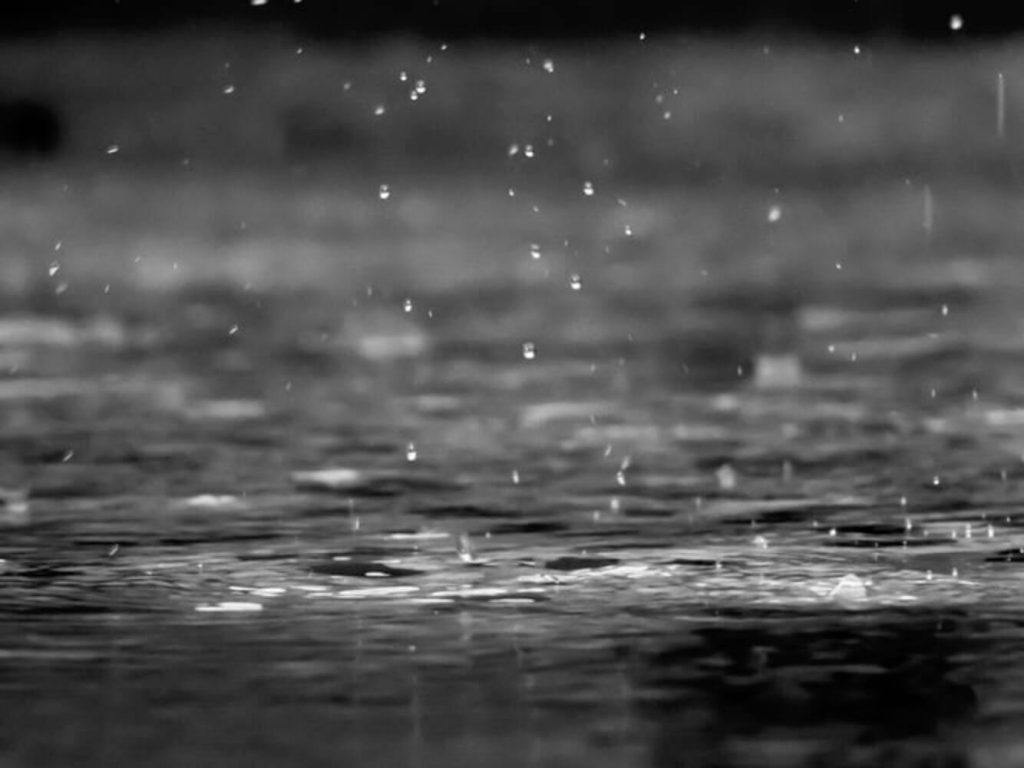
What Does Rain Catchment System Do?
Simply put, rain catchment systems collect and store rainwater for various usage in your off-grid home. It is an absolute necessity if you’re planning to live autonomously.
According to www.spoutgutters.com, a trusted gutter installment site, rain harvesting systems are connected to gutters for better efficiency in collecting rainwater. The water is then gathered in tanks and goes through a treatment system before coming out of your faucets.
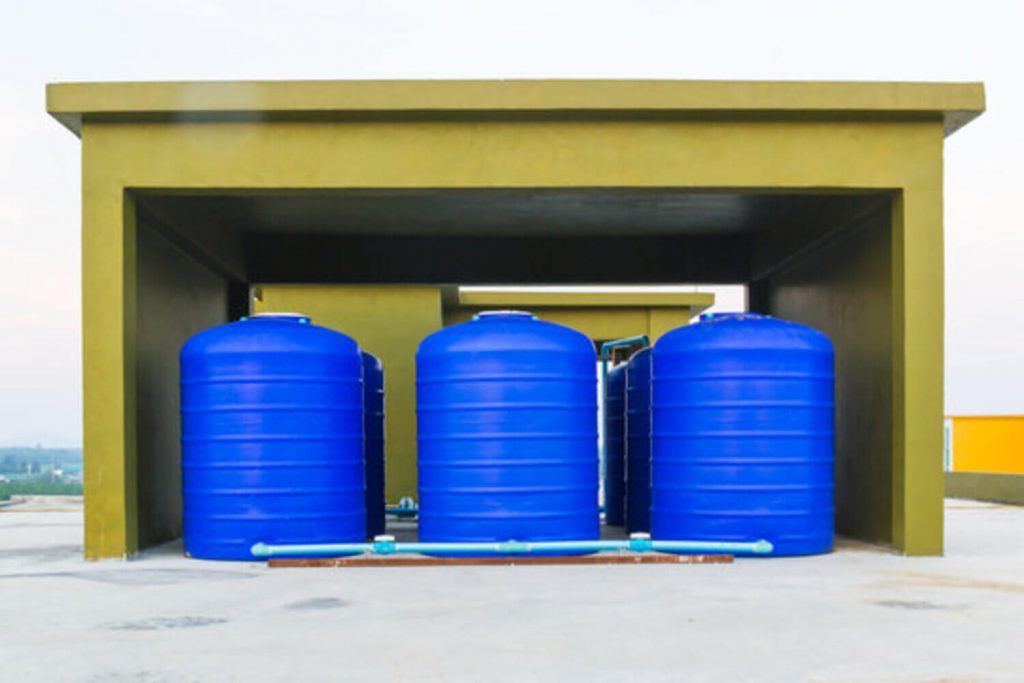
Rain Catchment System vs. Well Water
Harvesting rainwater is not the only option for sustainable water supply in your off-grid home. Well water is also a good choice, especially if your area does not receive much rain.
Well water
- Reaching water is not guaranteed even after drilling.
- The flow rate of water can be insufficient.
- Wells may have a high level of minerals that can affect the quality of water and damage appliances.
- Water may get contaminated after a while, requiring costly water treatment.
- Water chemistry is undependable.
Rain Catchment System
- Rainwater is the most natural and freshest form of water.
- Free, eco-friendly water supply.
- Rain catchment systems add value to your home.
- Rainwater is soft.
- Not advisable for places that experience drought.
Wells have been around since time immemorial. Although it stays a viable option, rainwater catchment systems have become more practical nowadays owing to better function and cost-efficacy.
Four Types of Rain Catchment System
Rainwater harvesting devices come in varying styles to suit your needs. Here are four of the most common of them.
Water Butt
The simplest form of rain catchment system is the water butt. It functions by collecting water from drain pipes or natural rainfall, which are then used primarily for gardening.
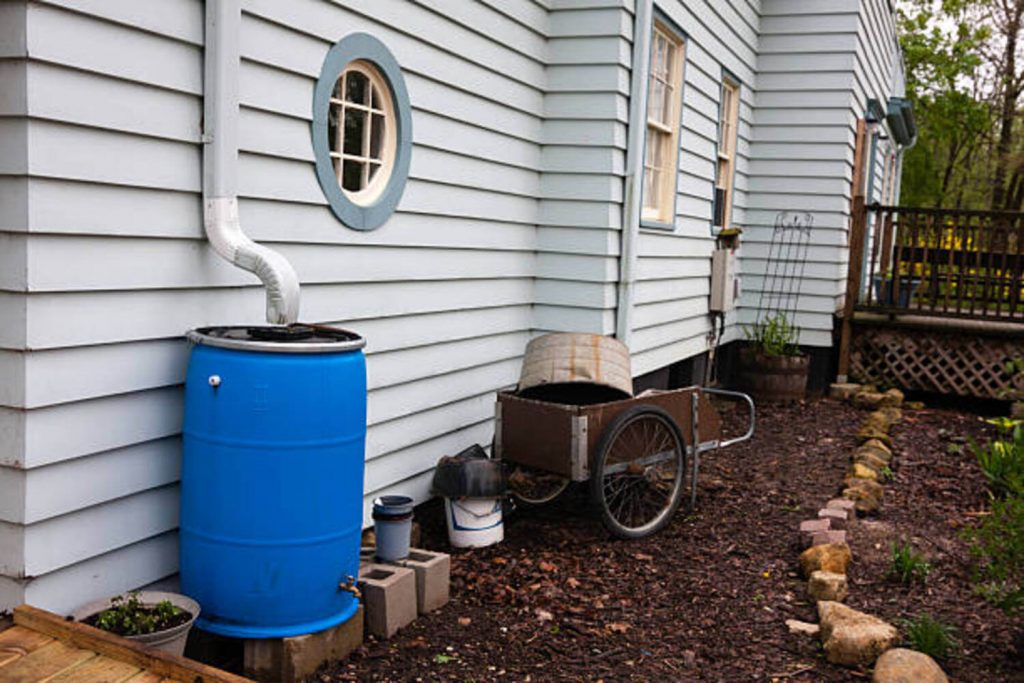
Direct Pumped
Direct pumped harvesting systems are a well-known and professional method of gathering rainwater that is usually easy to install. You can choose between submersible wherein the pumps and tank are installed underground or suction which requires a utility room where you put the pumps and tank.
Indirect Pumped
Unlike the above methods of harvesting rainwater, the indirect pump does not rely on gravity. Instead, a booster pump pushes the water to the storage tank at any building level. An advantage of this is that you can control the flow and pressure of water thanks to the booster pump. One-story buildings shouldn’t have this system.
Indirect Gravity
Indirect gravity combines the power of a booster pump and gravity. The pumps drive water from the main storage unit to an elevated tank, usually higher than your home. Gravity alone then supplies the outlets.
With this, you can save more energy, as the pumps only need to work when the water on the high-level tank is low. However, you also need to have more space where you can put both tanks.
Benefits of Harvesting Rainwater
Sustainable Water Supply
If you’re living off-grid, a water source will be one of the most challenging issues you encounter. Without adequate, potable water, living on the outskirts is simply impossible. However, with a rain catchment system that supplies you with enough water, then your dreams won’t be far off.
Low-cost Maintenance
After your initial investment, repairs and upkeep for the system are pretty affordable. It would cost you way less than when you pay for water companies.
Less Chance of Flooding and Erosion
Heavy rains can cause flooding and soil erosion, especially in low-lying areas. But when you harvest rainwater, you also reduce runoffs, thus lowering the chances of flood and erosion.
Decreased Demand for Groundwater
Water is a vital element for humanity’s survival. As the population grows, so makes the water demand. If this continues, then it won’t be long before humans start digging deeper within the Earth. But with rainwater harvesting, there would be no need for drills, and collecting water will be much more sustainable. In addition, the quality and quantity of groundwater will improve.
However, beyond these benefits are underlying drawbacks. The most significant would be its storage limits, so you must consider your family’s needs and build a sufficient reserve. Also, the initial cost is considerably high because you will require professional help to avoid incorrect installation, which may attract mosquitoes and waterborne diseases. Finally, it is NOT advisable for places that experience little to no rainfall from time to time.
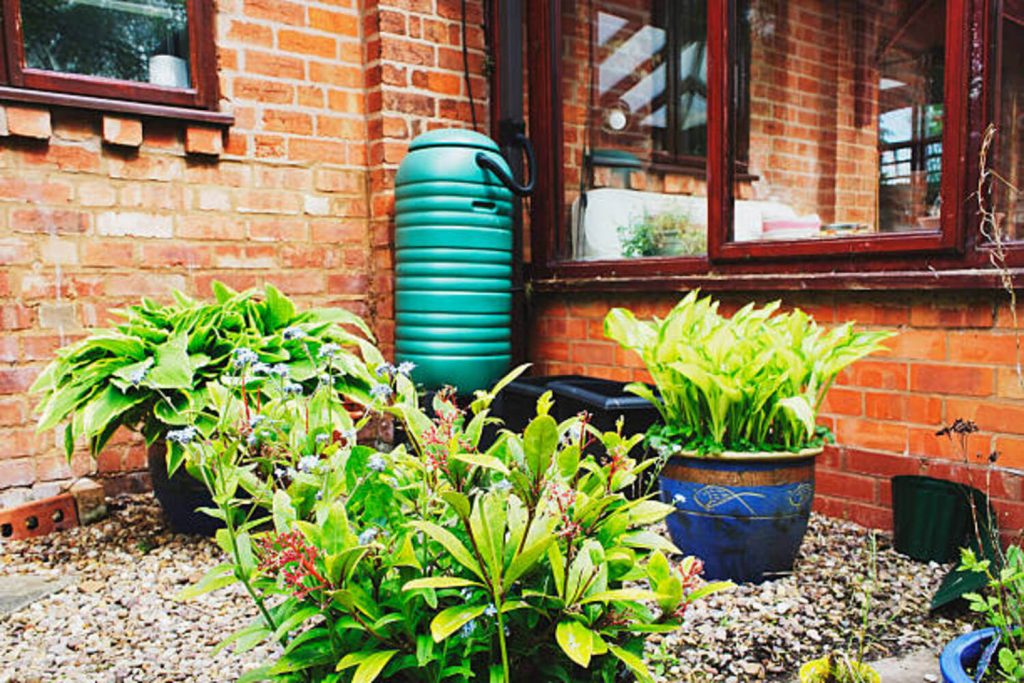
Final Thoughts
Living off-grid is the way if you want to achieve a more relaxing lifestyle. However, there will be issues with it, and one of the most problematic will be your water supply. But don’t worry, rain catchment systems will be your answer, so you can go ahead and live your life.
7 Things to Consider When Living Off-Grid
Living off-grid is a lifestyle choice that very few people make, but it can be pretty rewarding. It offers an escape from the hustle and bustle of modern society, where people are constantly plugged into technology. Living off the grid means being free from reliance on public utilities like power grids or water systems. It’s a sustainable solution to the skyrocketing costs of daily life. But as appealing as it sounds, this choice is not without challenges. If you’re keen on breaking apart from the mainstream, below are five things to consider when living off-grid.

1. Research As Much as You Can
An off-grid home is just as crucial as building a traditional one. You have to educate yourself on every aspect involved in maintaining it. Plus, there are many ways to creatively make this type of house that you’ll want as many ideas as you can. Start by looking at photos and designs on the internet for inspiration. Dig up the costs of the materials, labor, and building permits, if there are any. The more you know, the easier it is to cope up with changes along the process.
2. Harness Various Sources of Energy
The first thing you need to do is find a good location for your home. Try to choose an area close to renewable energy sources, such as windy plains or hot regions with almost unlimited solar power. These will help reduce the battery life required to operate appliances when there’s no other way for them to be powered. Additionally, if possible, try and build your home close to water sources like lakes or rivers so that it can have access to hydropower too!
3. Ensure You Have Energy Storing Capabilities
Solar, wind, and hydropower are good energy sources, but they’re not present all the time. You’ll need to have an energy storage system. This is usually in the form of a battery bank that can charge when there’s power available and discharge at night or other times when it isn’t being generated, providing continuous service without interruption. Large enough batteries might be expensive, but you may qualify for financial incentives from your utility company or state government which will lower this price.

4. Learn Basic Survival Skills
Although you’re not entirely going to isolating yourself from civilization, you have to practice being independent. Before vanishing off the map, take time to learn basic survival skills like hunting animals, starting a fire, and preserving food. On top of that, study how to grow your own crops and raise your livestock. These are all life skills that will come in handy when living off the grid.
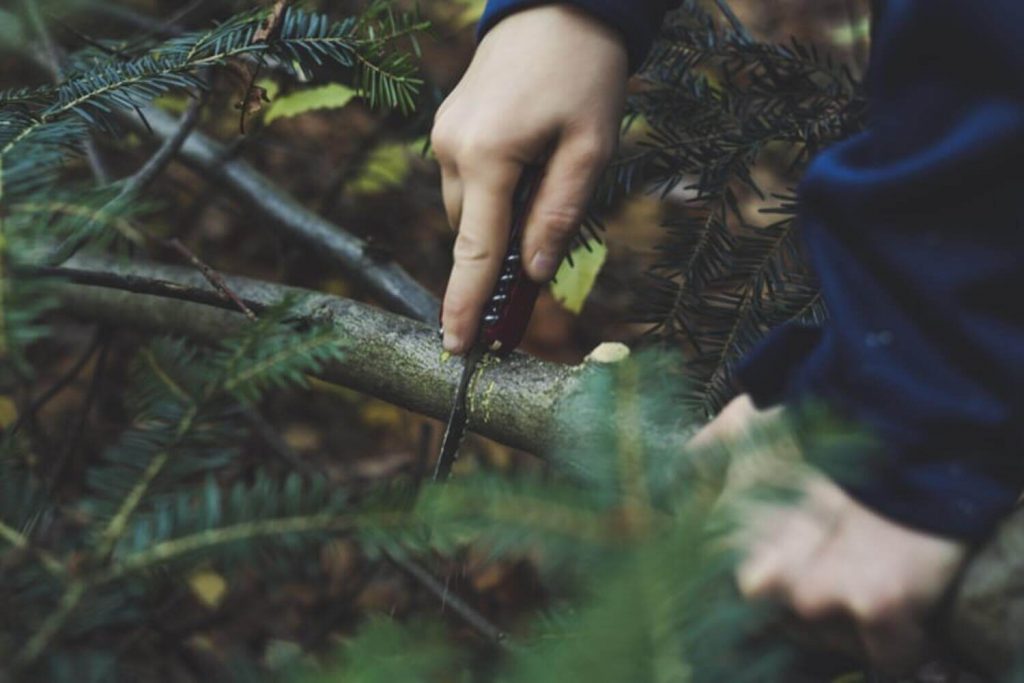
5. Know Your Money-Making Options
Off-grid life is a bit different than the average, modern lifestyle. One of the benefits of living off-grid is that you are more self-sufficient and can live virtually for free with just a few solar panels installed on your home. But, if you want to go one step further and generate some income, you’ve got plenty of chances to do so. You can take up crafting, sell second-hand goods online, gardening, freelancing jobs, or even working remotely in tech companies.
6. Get in Touch with Other Off-Grid People
It can be hard to find other people interested in off-grid living, so make an effort to network with others. You might start by attending a conference, or two focused on this topic and speaking with the presenters there. Reach out further to Facebook groups where you can talk about tips and tricks to get by. There may also be some online forums where you could connect with like-minded individuals as well. It’s essential for people of the same lifestyles to stick together because it provides an opportunity to learn and support each other during challenging times.
7. Hire a Good Contractor
Off-grid homes are less expensive than wired houses, but they’re not the type to be DIY-ed. Regardless of the size, it is imperative to hire the right contractor. Ideally, work with a company that has experience in off-grid construction and knows what materials are available locally or how to create them on site. Ask for references from other customers who have built their own off-grid home recently. Speak with these people before signing any contract; they can help you determine if this type of project will be suitable for your needs and budget. A skilled builder will also save money by eliminating mistakes during installation, not ordering wrong material sizes, not using power tools, or not using appropriate building techniques.
